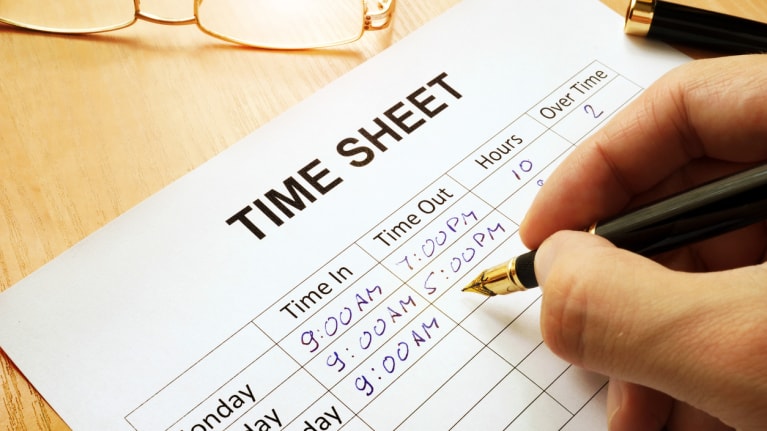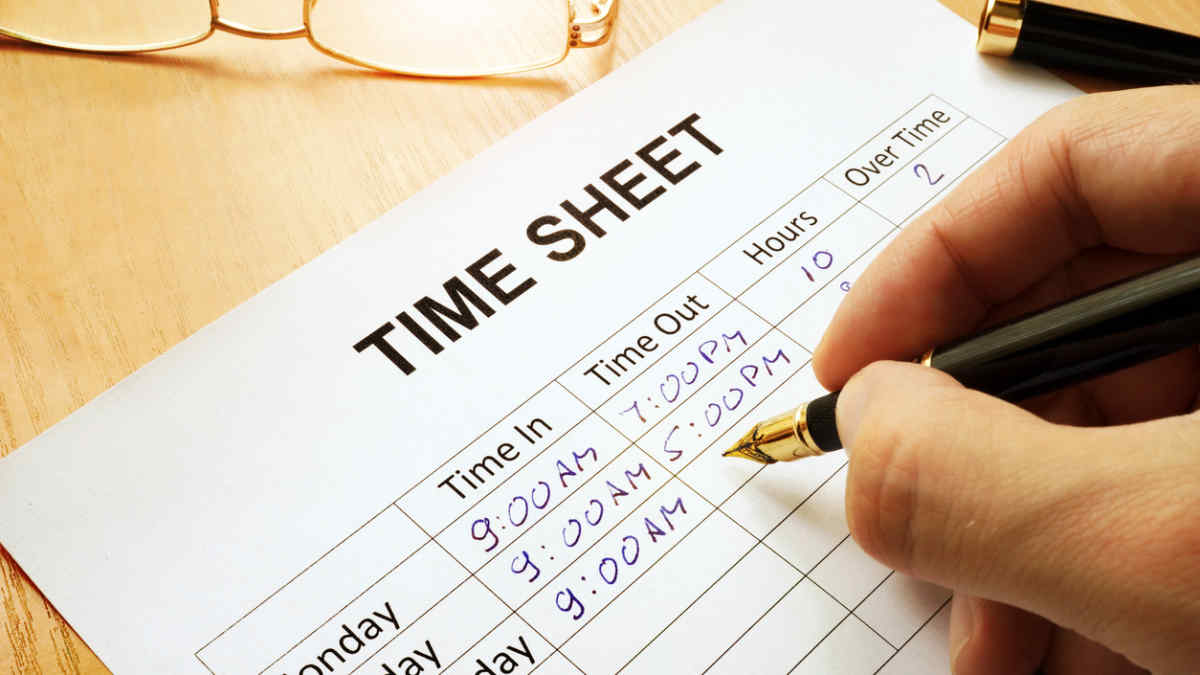

Takeaway: A failure to keep accurate, detailed records of the time worked by employees will be construed against the employer. An appeals court will not reverse an award of attorney fees in an employment case unless that award is unreasonable.
?Three kitchen workers who sued the restaurant that employed them for wage and hour violations, including failure to pay overtime and failure to provide meal and rest breaks, were entitled to the more than $120,000 in damages and penalties awarded to them by the trial court as well as more than $135,000 in attorney fees, a California appeals court ruled. The restaurant did not show that there was insufficient evidence to support the trial judge’s rulings on liability and did not show that the amount of attorney fees awarded was unreasonable, the court said.
The workers’ complaint alleged six causes of action under the California Labor Code: failure to pay wages, failure to provide meal periods, failure to provide rest periods, failure to pay overtime wages, failure to pay wages upon employment termination and failure to issue accurate itemized wage statements.
The plaintiffs, who washed dishes and did other work in the kitchen, alleged that they were nonexempt employees entitled to meal and rest breaks as well as overtime pay. They further alleged that they were paid a flat weekly rate rather than an hourly wage with overtime pay. In addition, they claimed that although they typically worked 11-hour shifts, the restaurant failed to provide adequate meal breaks and rest breaks as required by law.
At the trial before a judge, the parties submitted evidence that consisted primarily of the plaintiffs’ biweekly paystubs and a set of handwritten timecards.
The paystubs showed that each plaintiff was paid twice a month. There was almost no variation in the amount of the payments to each plaintiff. If the pay period included 14 days, 15 days or 16 days, the amount paid was generally the same for each pay period. The paystubs contained no indication that the payments were based on a specific hourly rate of pay, as they listed only the total amount of the payment.
The timecards purported to show days and hours worked and sometimes noted a rate of pay. The handwritten notes of hours worked were virtually identical from day to day and week to week.
Each of the plaintiffs testified that no time records were kept by the restaurant and that the so-called timecards admitted at trial were not an accurate record of the time they worked.
The court noted that the restaurant kept no formal records of the time worked by the plaintiffs. The court found that the plaintiffs generally worked 11 to 12 hours per day, had a 30-minute break to eat lunch at around 2:30 p.m., and ate a dinner provided by the restaurant at around 9 p.m., which they ate while they worked.
The trial court also noted that the absence of reliable time-keeping or pay records is construed against an employer. Due to the absence of credible time-keeping records maintained by the restaurant, and based on the testimony of the plaintiffs, the court concluded that the employer violated California labor laws in several ways.
The court made detailed calculations for each plaintiff regarding meal and rest break penalties and wages owed, and calculated penalties relating to waiting time and the employer’s failure to issue accurate wage statements. The court awarded the first plaintiff $73,522, the second $21,670, and the third $28,059.
The court also awarded the plaintiffs $138,105 in attorney fees. The employer appealed both awards.
The appeals court first found that there was substantial evidence to support the trial court’s award of damages and penalties. The trial court deemed the documents referred to as “timecards” not to be a credible or accurate reflection of the hours worked by the plaintiffs. The plaintiffs also testified that the notations on the timecards were not accurate and provided evidence of the actual hours they generally worked. That evidence sufficiently supported the court’s judgment in favor of plaintiffs, the appeals court said.
Attorney Fees
The appeals court first noted that an award of attorney fees will be upheld unless the award is clearly wrong. In other words, the court said, an attorney fees award will not be set aside unless it is manifestly excessive under the circumstances.
The appellate court found that this standard had not been met. Although, under California law, the plaintiffs were not entitled to fees relating to their claims for meal and rest breaks, the trial court was not required to apportion the fees awarded based on the claims alleged.
When a plaintiff has alleged multiple causes of action and is statutorily entitled to fees with respect to only one or fewer than all the claims, the trial court may apportion the attorney fees, the court said. However, attorney fees need not be apportioned when the claims involve either common factual or legal issues.
The trial court here declined to apportion fees because it found that the plaintiffs’ causes of action were “so intertwined that it is not possible to separate them.” The appeals court found no error in this finding.
In addition, the two attorneys who represented plaintiffs during the case provided detailed time records, and the fee award was based on these records.
The appeals court therefore found no indication that the attorney fees award was clearly wrong and affirmed the award.
Lopez-Lopez v. BBS National, Calif. Ct. App., No. B305185 (May 19, 2022).
Joanne Deschenaux, J.D., is a freelance writer in Annapolis, Md.
